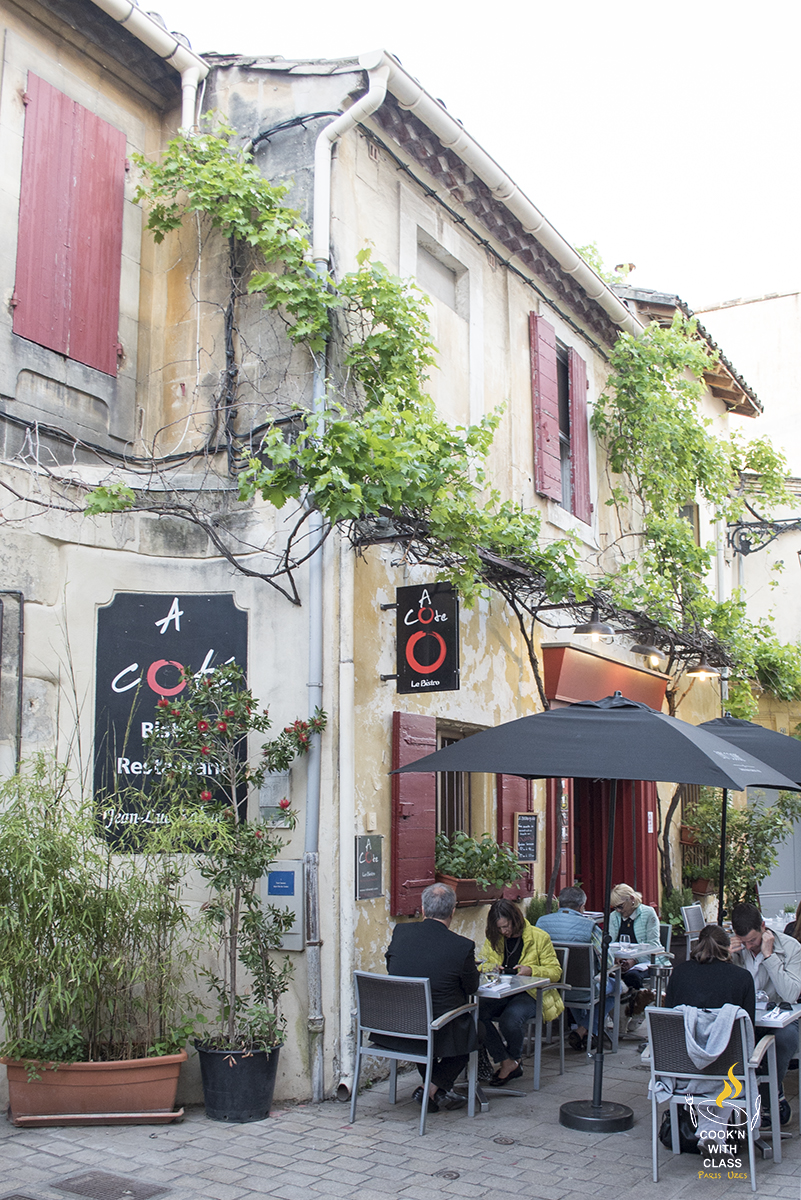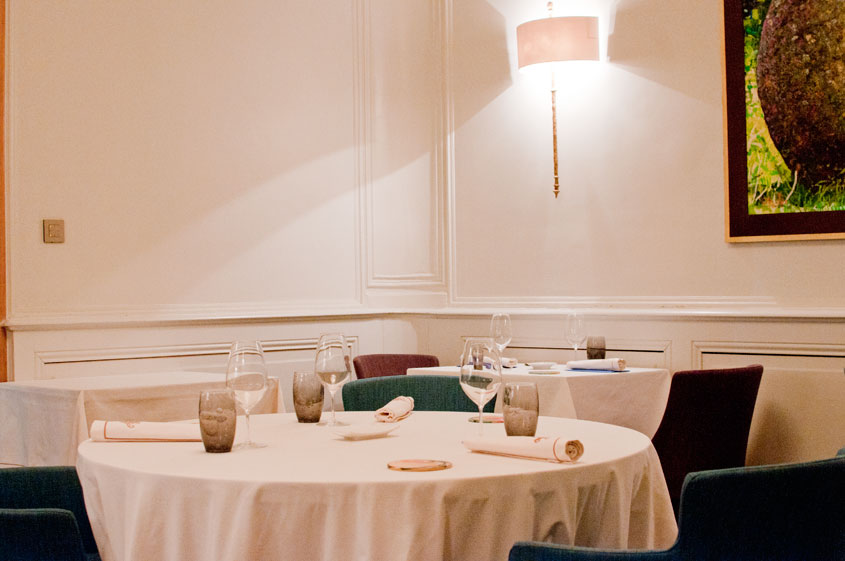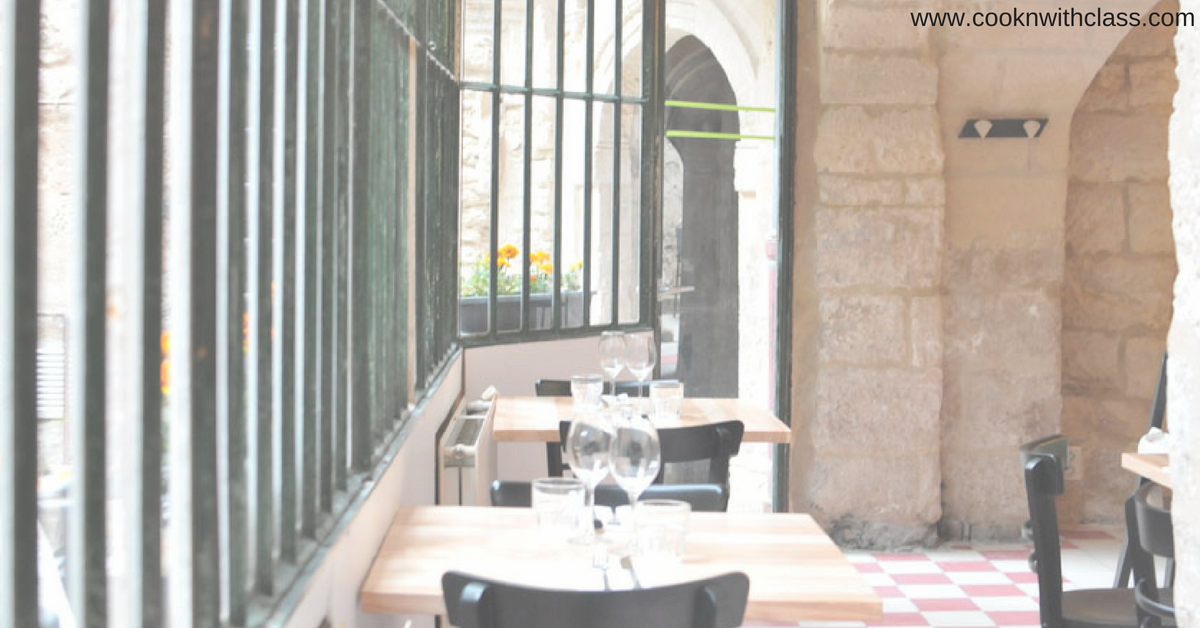
Reservations in Paris – How to dine successfully
Nothing worse than spending your vacation and constantly trying to figure out where to eat. While sometimes you’ll get lucky and walk into a place right away for a meal and score not only a great table but a great meal. Get a foodie’s tip on how to manage successfully dining in Paris.
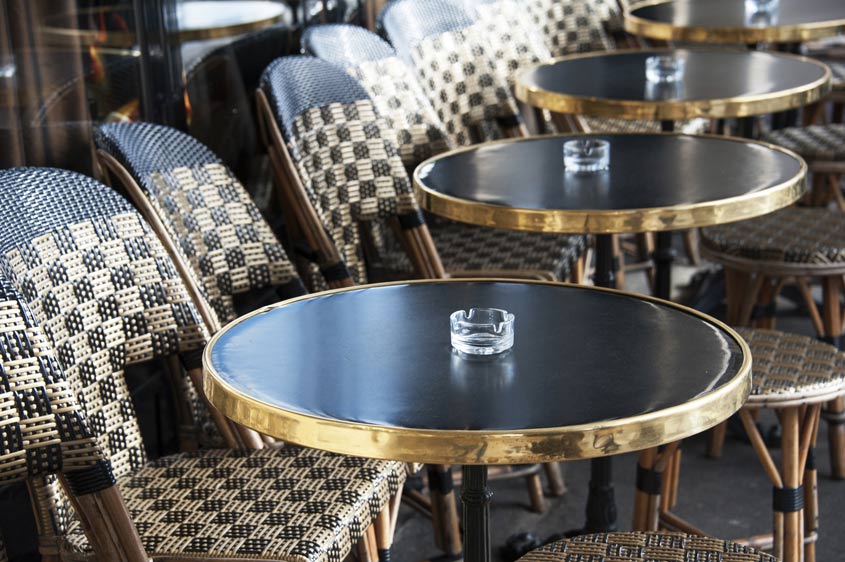
If you’re like me, you plan your vacations around eating and drinking. What a better way to learn about a culture than through its food and drink! I typically will secure my lunch or dinner reservations, plan a food tour or market exploration before I even open up a guidebook to see the classic sights in a new destination. Call me crazy, but I’m sure if you’re reading this, you do the same!
Coming to Paris requires some advance planning. Unfortunately, not very many restaurants take reservations online so planning from home, time differences considered, can be difficult. Below are some tips on planning to dine in all sorts of French restaurants.
The various types of restaurants you’ll encounter in France.
Almost all Parisian eating establishments fall into these four categories
The Café
This is the most casual type of eating establishment in France. They serve coffee and light food all day. Don’t except haute gastronomie, but things like croque monsieur and basic salads. I rarely have a very memorable meal in a café, it’s more about nourishment in a flash or a quick coffee and croissant at the bar. On a side note, coffee is always cheaper while standing at the bar, so do this. The French still have not, thankfully, embraced to-go coffees. Blend in and have your coffee at the bar.
The Bistrot
Legend says that the word bistro comes from the Russian word for “quick” and bistros were the undoubtedly the original fast food of France with a very limited menu. They emerged as simple and rustic places serving long-cooked and stewed dishes to the working class. Many Parisians did not have their own kitchens until well into the 19th century, so the bistro was their local cafeteria. Now, the typical French bistro serves hearty fare in a relaxed and cozy atmosphere. Some are more elaborate or modern than others but bistros are rarely fussy.
The Brasserie
The word literally means a brewery and these large, well-lit and convivial restaurants once brewed their own house beer. Now, the word is synonymous with a casual restaurant serving oysters, fish, simple steaks, salads and other simply prepared traditional fares. The food is more elaborate and better quality than a café and focuses on grilled/sautéed foods more than a bistro. Brasseries serve food all day with no break between lunch and dinner service and often are open late into the night as well. I especially like to eat a platter of oysters while in season or a sole meunière at a brasserie at least once a month. You don’t go just for the food. The people watching and the atmosphere at brasseries is wonderful.
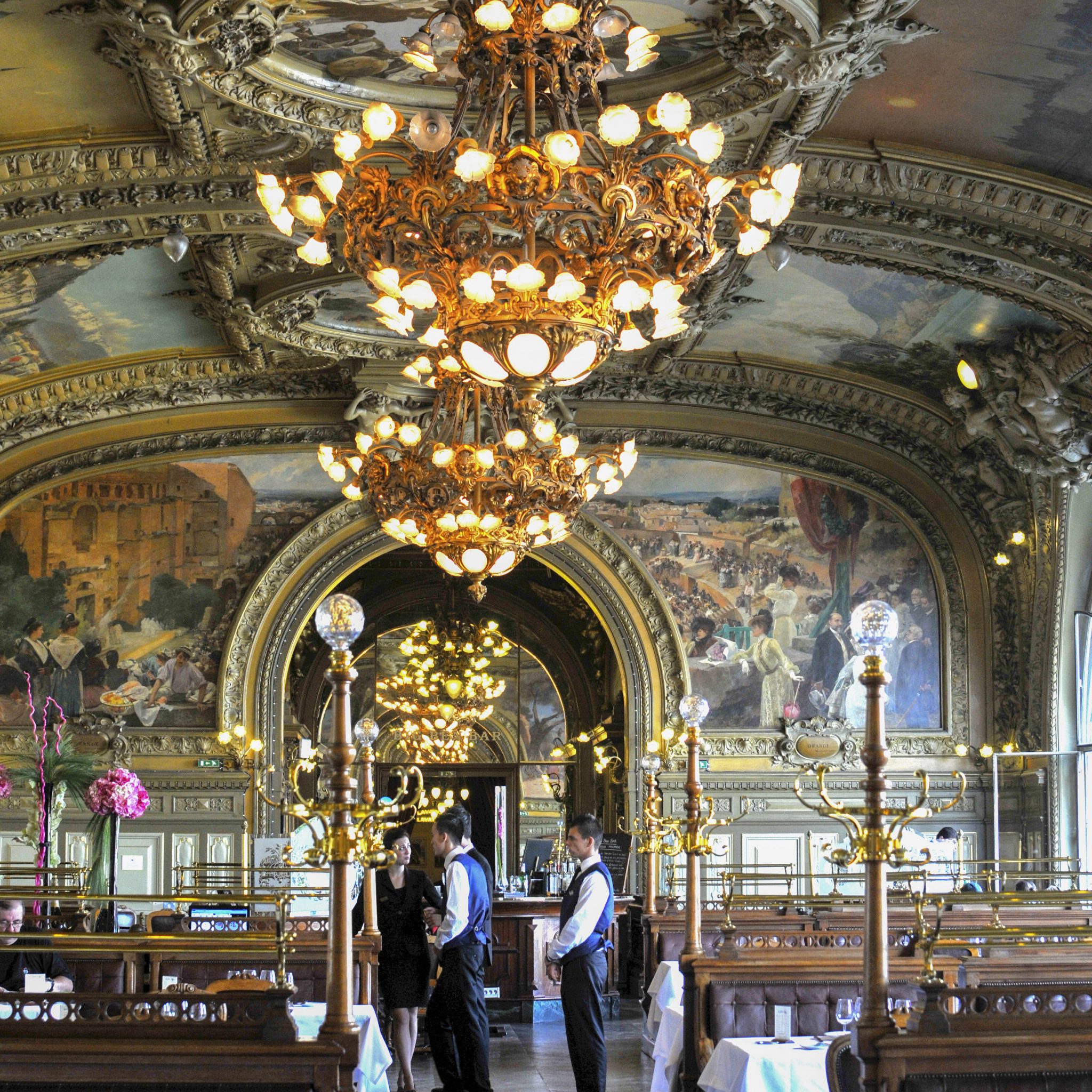
The Restaurant
From the French word se restaurer, or to restore oneself, this is at the top of the food chain. They started popping up in 18th century France and were originally reserved for those who could afford their high prices. Generally, these places have the finest food and the most elaborate menus and highly trained chefs.
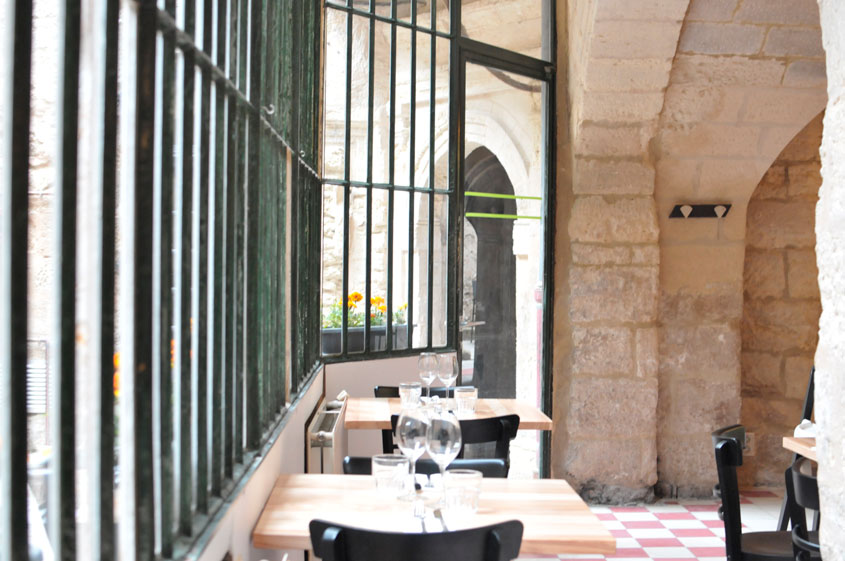
Michelin starred dining (in the restaurant category)
These are white tablecloth institutions of grandeur and the epitome of the French dining experience. While I’ve only dined in a few 3 star places in my life, I have enjoyed many a meal in the 1 and 2 starred places that often the best value for your money (especially at lunch). I firmly believe that one can find exceptional food and traditional French trained chefs throughout the world and I tend to recommend that you eat at bistros and brasseries while in Paris. To me, they embody the way that most French people eat. But do plan on one special lunch or dinner at a true high-class establishment.
Planning your trip.
Call in advance!
You must call in advance. This is the biggest error I see in my clients. Don’t expect to have a great meal in Paris without booking at least a day in advance. Sometimes for casual places, you can even call the same day for a dinner reservation (during the week). However, in general, if you’re planning a trip to Paris, you should call the restaurants you wish to visit at least 1 week before coming to town, especially on the weekends. Most hotels will be happy to call for you if you inquire while booking your room. For the Michelin starred restaurants, booking is advised at least one month in advance.
It’s virtually impossible to stumble upon a cute, French bistro on a no-name street with fabulous mom and pop food and secure a table at the same time. Most restaurants here are tiny and do not turn tables and the restaurant often only provides one service per night.
Regardless of the restaurant’s size or style, they do not typically have hosts when you walk in, so the phone can often go unanswered during their busy hours. That’s why I always recommend calling a restaurant between services or just before their lunch service starts. I often call a restaurant around 11:30-12:00 during the “calm before the storm” period of their day. Or around 18:30-19:00 works well.

Be careful about your booking time.
You may also be astonished by what these busy times actually are. I’m an early riser and am often starving for lunch by 11:30 and will be the first to arrive upon opening at 12:30. But sometimes this means the staff is still finishing up their lunch and the restaurant is totally empty! I once arrived around 12:20 (punctual as any good Midwestern American usually is) and was actually turned out back onto the sidewalk at a top quality restaurant while the staff finished their lunch. Yes, it’s important that the chef and wait staff is nourished before the lunch service, but seriously, let me sit down and have a glass of wine while I’m waiting. Needless to say, I haven’t been back. There are advantages to showing up early, like a more calm setting and more time with the server to explain the menu, but you may wish to book closer to 13:00 to feel more like a local. I often see business lunches finishing around 15:00-15:30, just when I’m ready for a mid-afternoon snack!
For dinner, I’d say you should never book before 20:00. Calling and asking for a table at 18:30 is a dead giveaway of your non-Frenchness. The best places won’t even consider serving food until 19:30 on most evenings (aside from brasseries, which typically serve food all day).
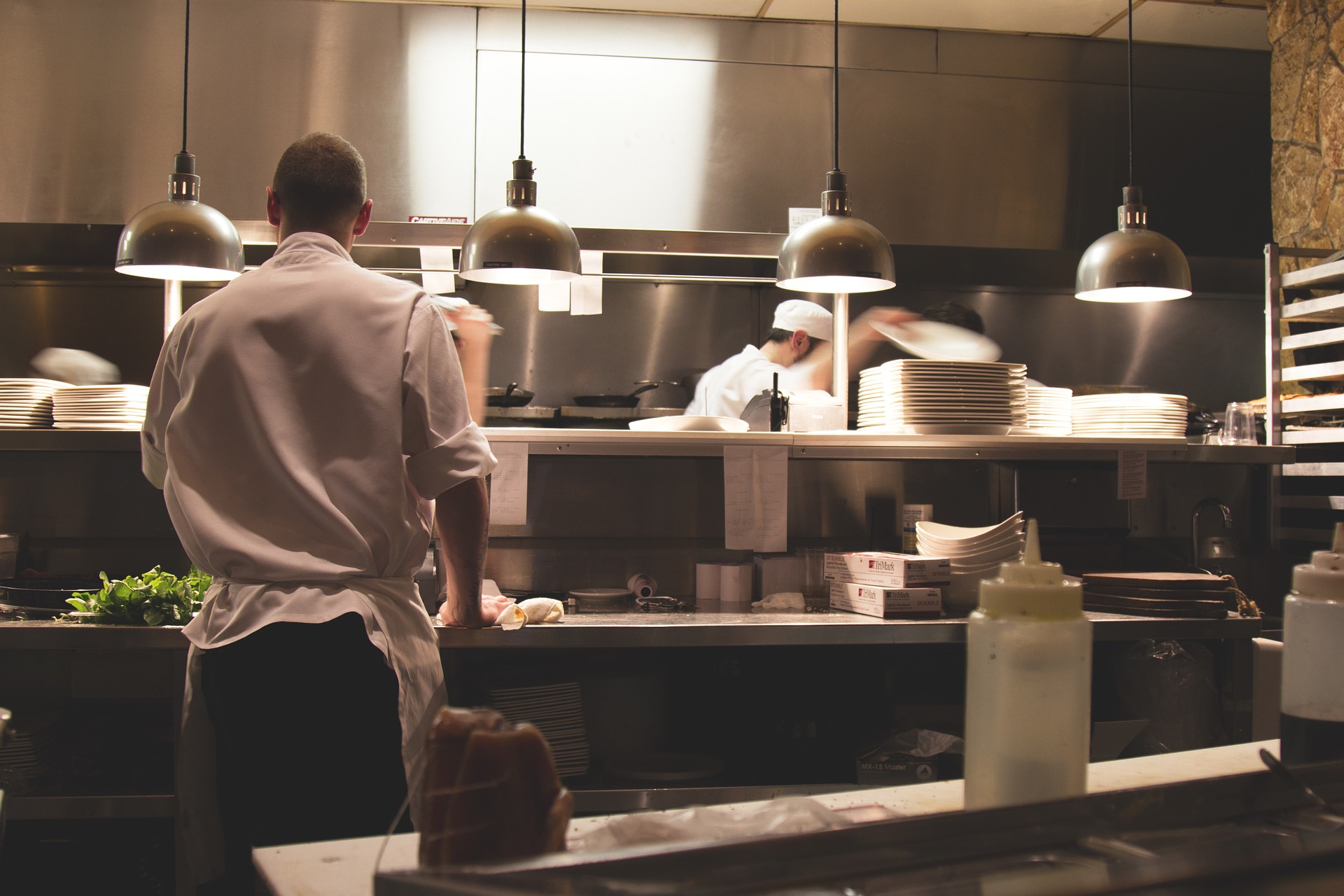
Do not expect an English Menu.
Food words are often easy to understand and the best restaurants, whose menus change frequently often will not be translated. If they are translated, the translation often makes no sense at all. Don’t be afraid to ask questions as the server most likely speaks better English than it is written on their menu.
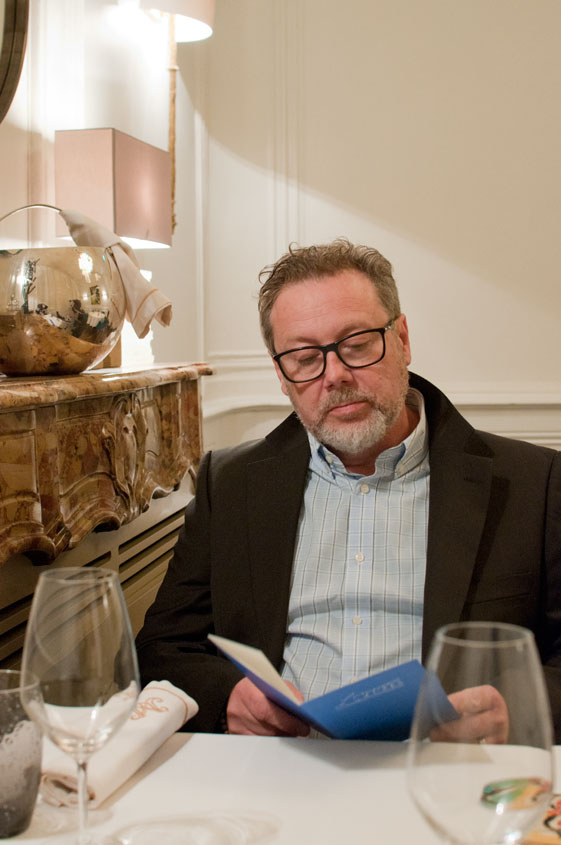
Give yourself ample time for meals.
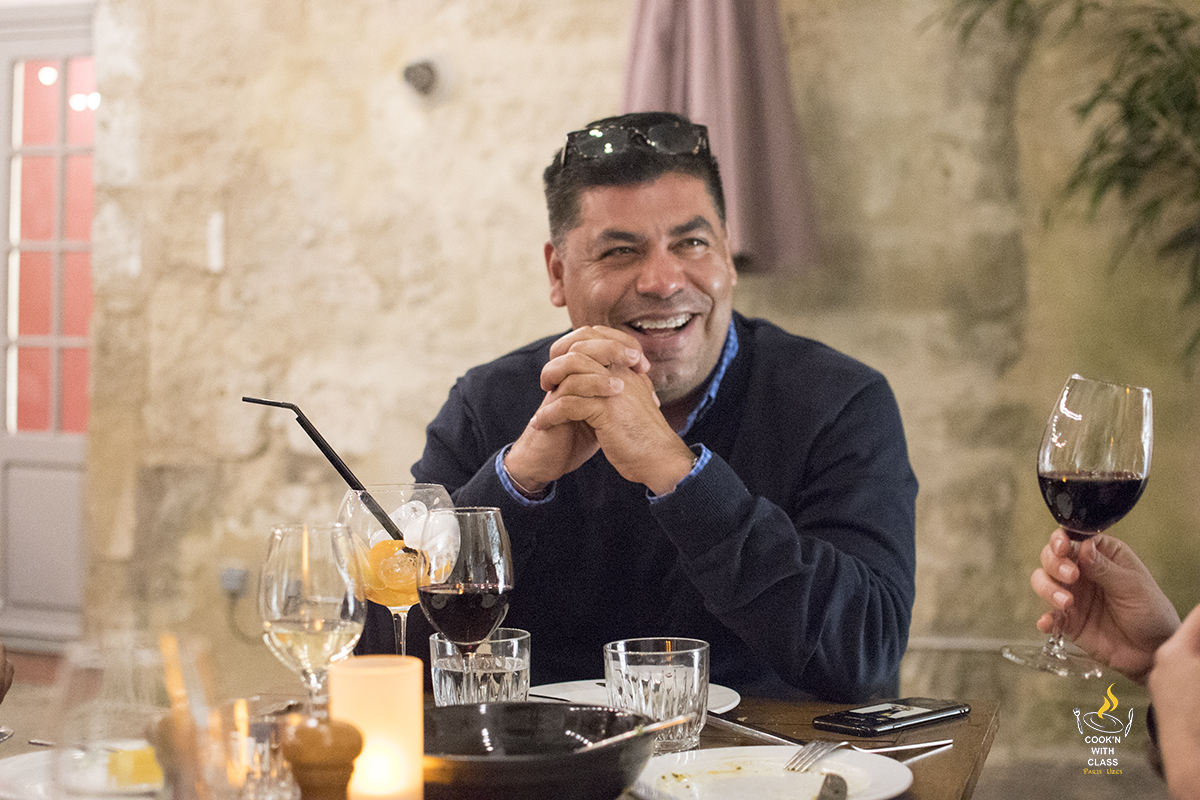
Interested in French cooking classes in Paris? Book a class with Cook’n With Class Paris – small group sizes, classes all in English.


